Origins is a stunningly ambitious new documentary that challenges us to reevaluate our existence in the modern world, and embrace the simplicities that defined the beginnings of our species. “I believe to understand our present and to map our future, we have to go back in time,” says Alan McSmith, an ecology instructor and a key interview subject featured in the film.
Like McSmith, Origins argues that the keys to survival for both the human race and the planet that surrounds us can only be understood by looking back on the origins of our species nearly 200,000 years ago. From the vast plains of Africa to the microbes that live in our gut, Origins illustrates that the forces that compromise our potential to thrive are only outmatched by our capacity to provoke profound and positive change.
The fundamentals of that change can be gleaned from a simple study of our ancestors. The first humans established the evolutionary building blocks that have proven most meaningful to our continued survival as a species. They nurtured a respectful and harmonious connection to nature, developed an uncanny ability to adapt, and constructed the tools needed to ensure that all of their basic needs were met.
In the face of hundreds of thousands of years of evolution, those basic needs have remained unchanged, yet our modern technologies often imperil the very elements we rely upon to nourish and sustain us. We are more isolated from our natural environment than ever before, and that dynamic has resulted in an unparalleled number of chronic health concerns, a deteriorating planet, and increasingly severe obstacles for our children and grandchildren.
The purity of our existence has been threatened by temporary comforts. Pesticides, hormones and sugars have eradicated much of the nutritional content in the foods we eat, compromising our immune systems and leaving us more vulnerable to disease. Monstrous pollution and toxicity levels represent perhaps the greatest threat to civilization, and their negative effects can be witnessed in forms as varied as the sunscreen we apply to our skin and the air that we breathe into our lungs.
While the challenges facing us might seem insurmountable and complex, the solutions are anything but. Brimming with passionate and persuasive testimony from a distinguished panel of experts in fields ranging from anthropology to medicine, Origins shows us that the power to reverse the tide of destruction is as simple as eating clean foods, rejecting a sedentary lifestyle, and embracing the circle of life in which we all play a part. These revelations make Origins truly inspiring and essential viewing for all audiences who are anxious to make their own change in the world.
About the Filmmakers
FilmmakerPedram Shojai, OMD, is the founder of Well.Org, the editor of BeMore! Magazine, the author of Rise and Shine, and the producer and director of the documentary films “Vitality” and “Origins.”It was when he ran a large medical practice treating patients with the same lifestyle-induced ailments again and again, that Dr. Shojai began his mission — to help people understand the intrinsic connection between their lifestyle, their health and the vitality of our planet. He works to preserve our natural world and wake us all up to our fullest potential.
Mark van Wijk is a filmmaker based in Cape Town, South Africa. He studied Photography at Port Elizabeth Technikon, specialising in travel. After 4 years of travel he then made a natural progression onto film and television.
“The great outdoors gives me energy – the earth and nature inspires me in my work and in my life! Respect for all is my only rule! People need to understand that they are actually a part of nature and my dream is for my work to bridge the divide that civilization and technology have created”
The message in the film – Origins – kept me inspired throughout the entire project. I am so happy and privileged to have been able to make this film with Pedram and I believe it carries a message that all of us need to understand and live towards!


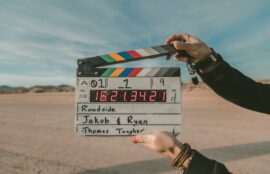
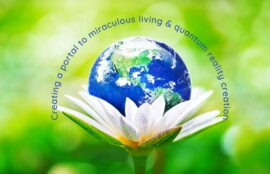
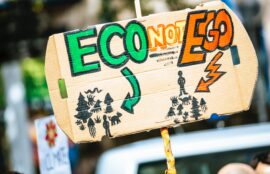


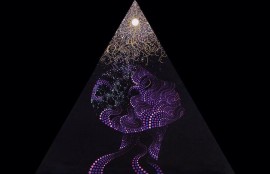
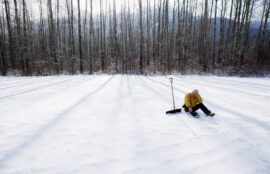
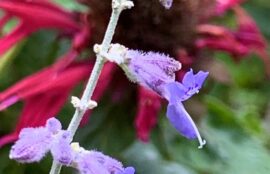



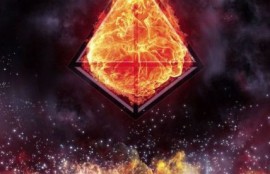
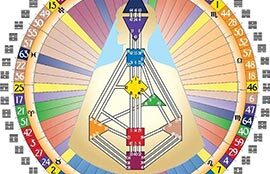

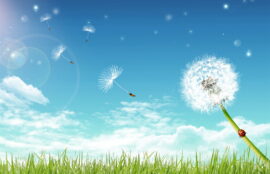

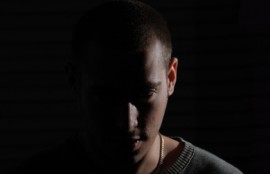
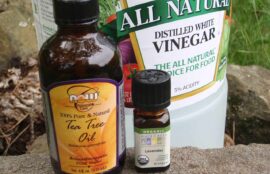
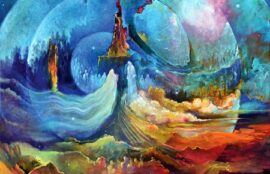

Sorry, the comment form is closed at this time.